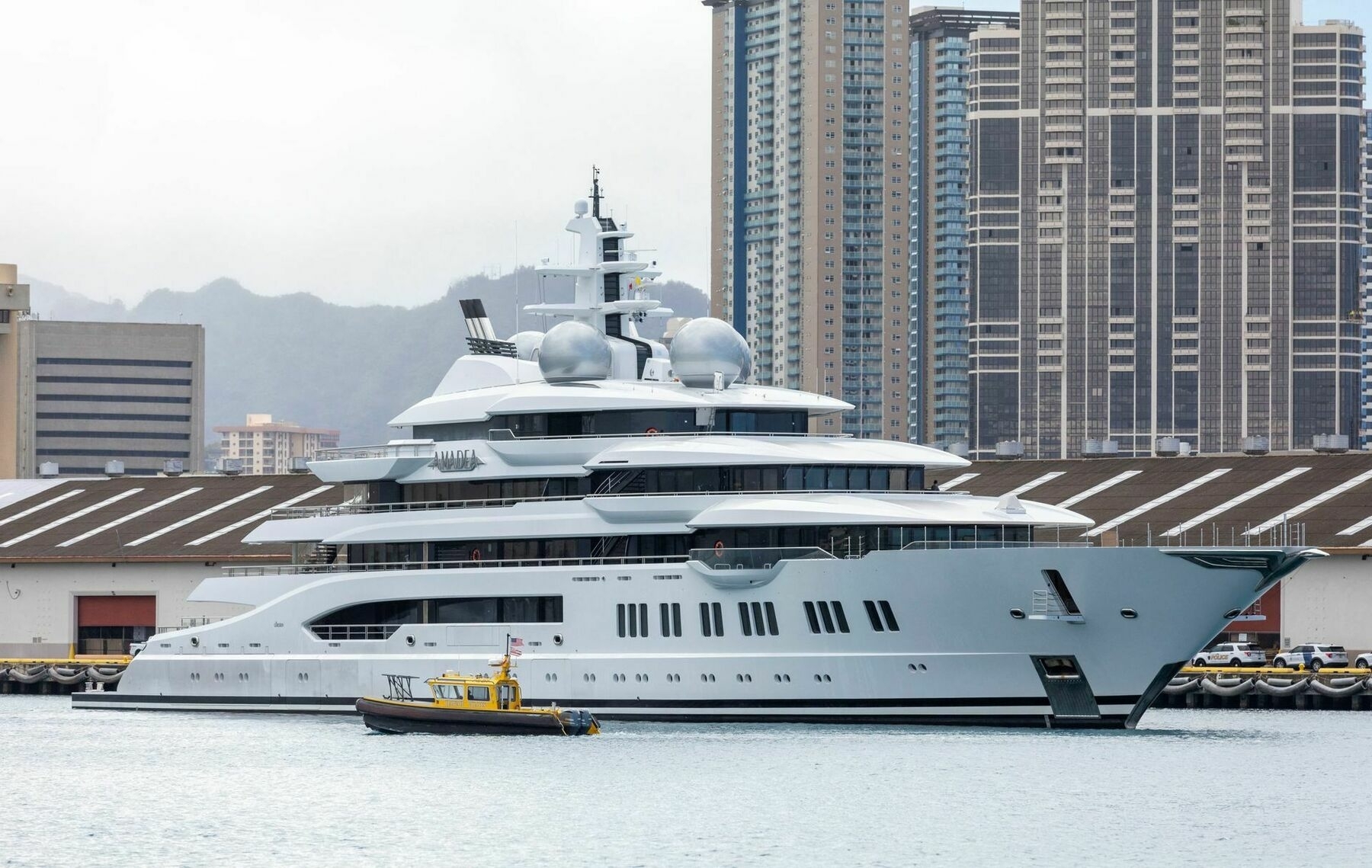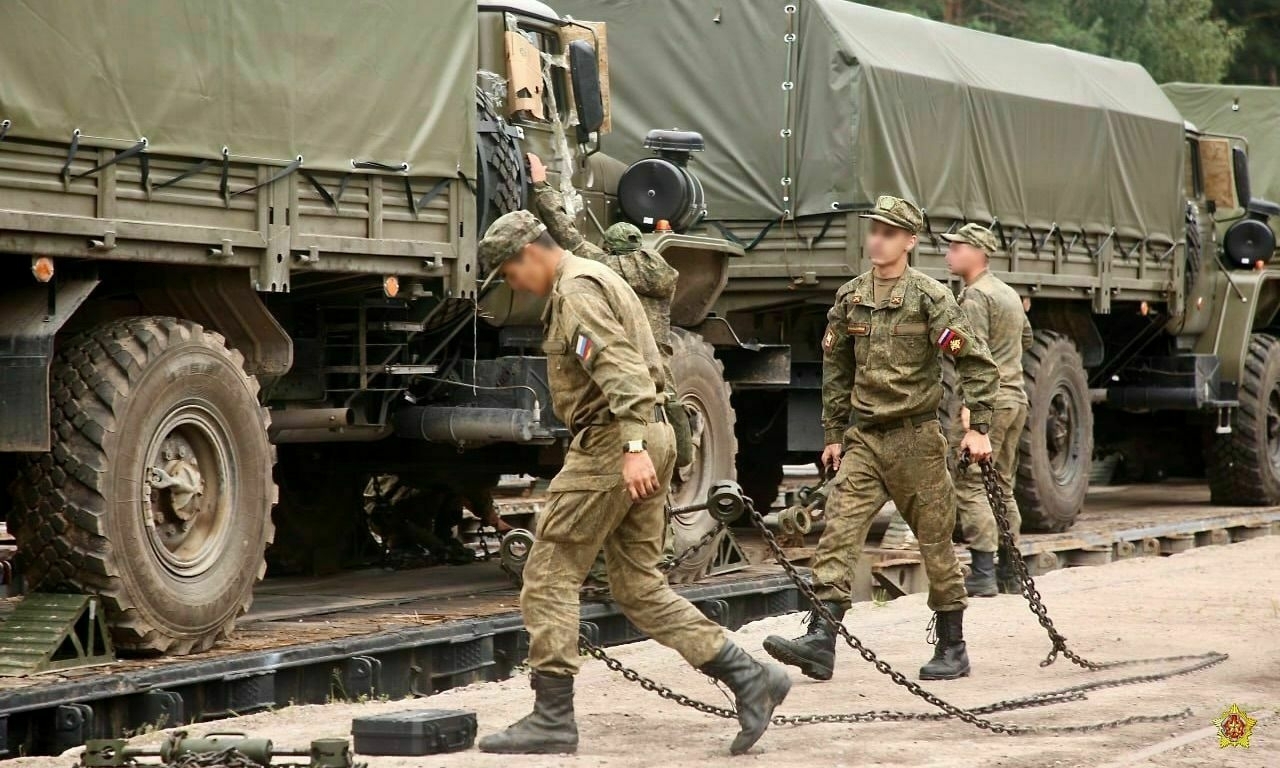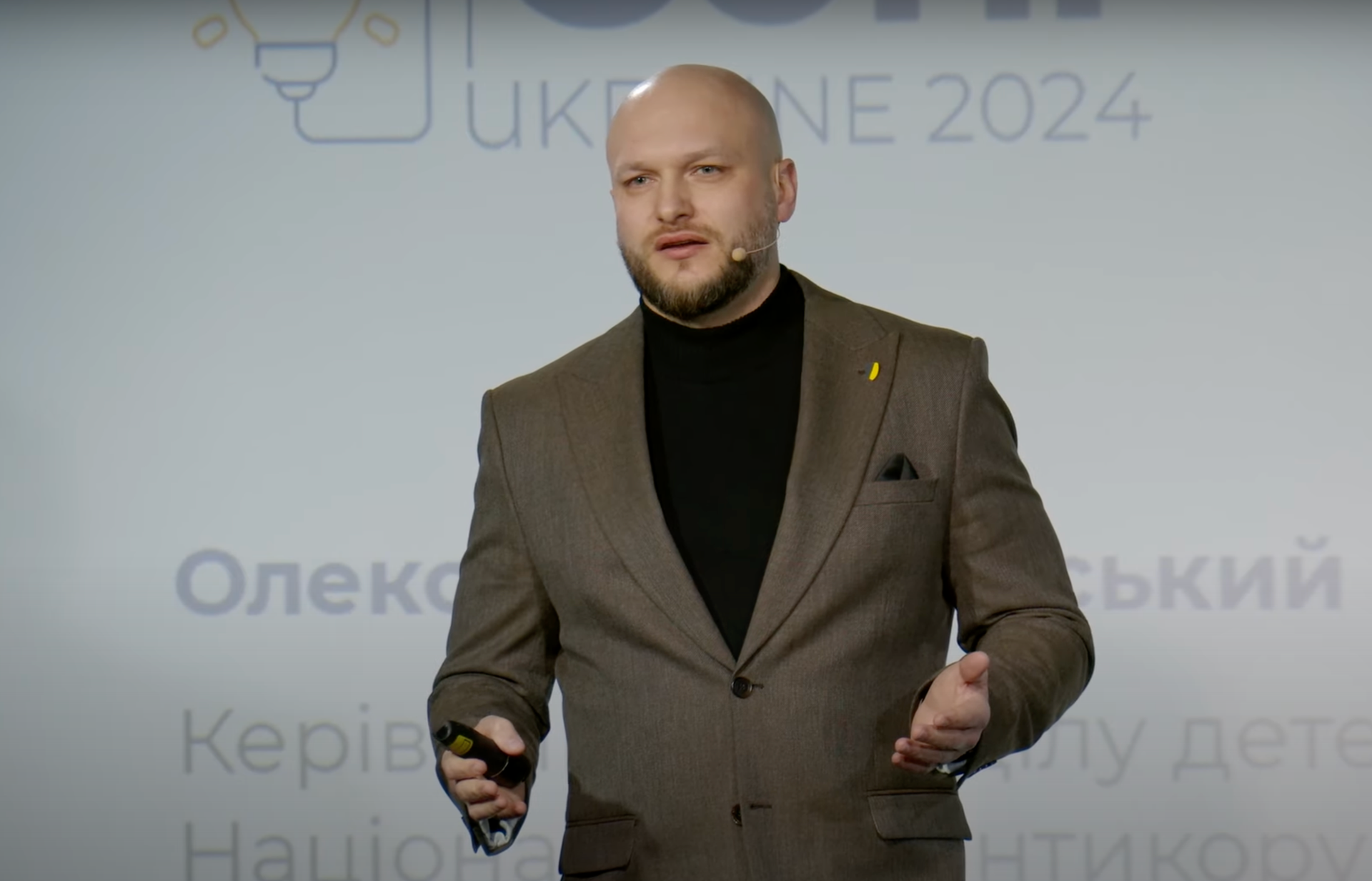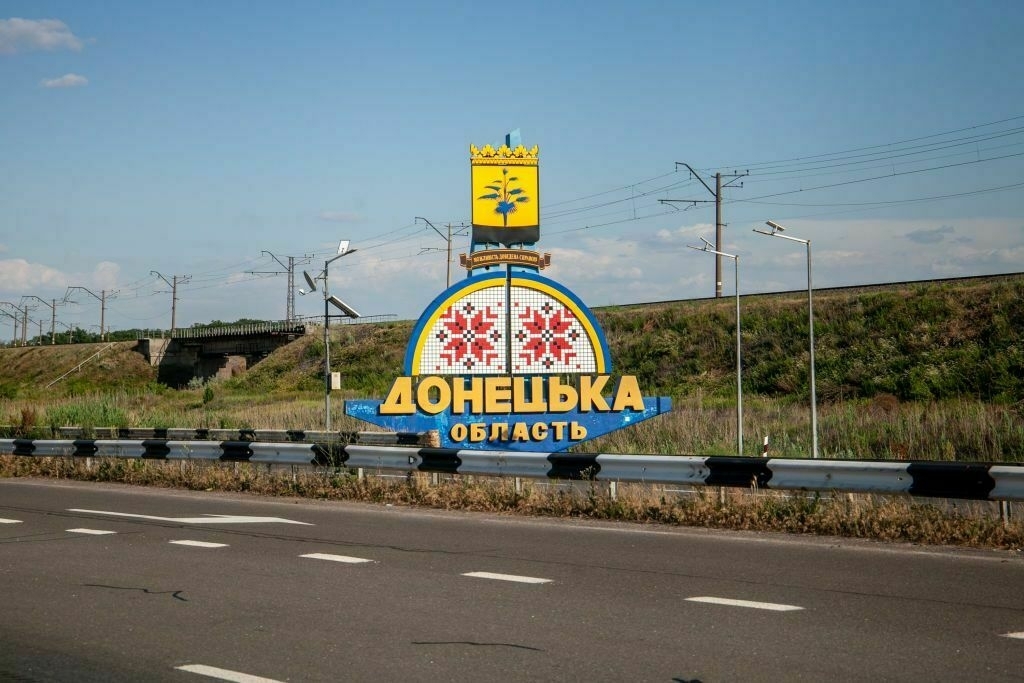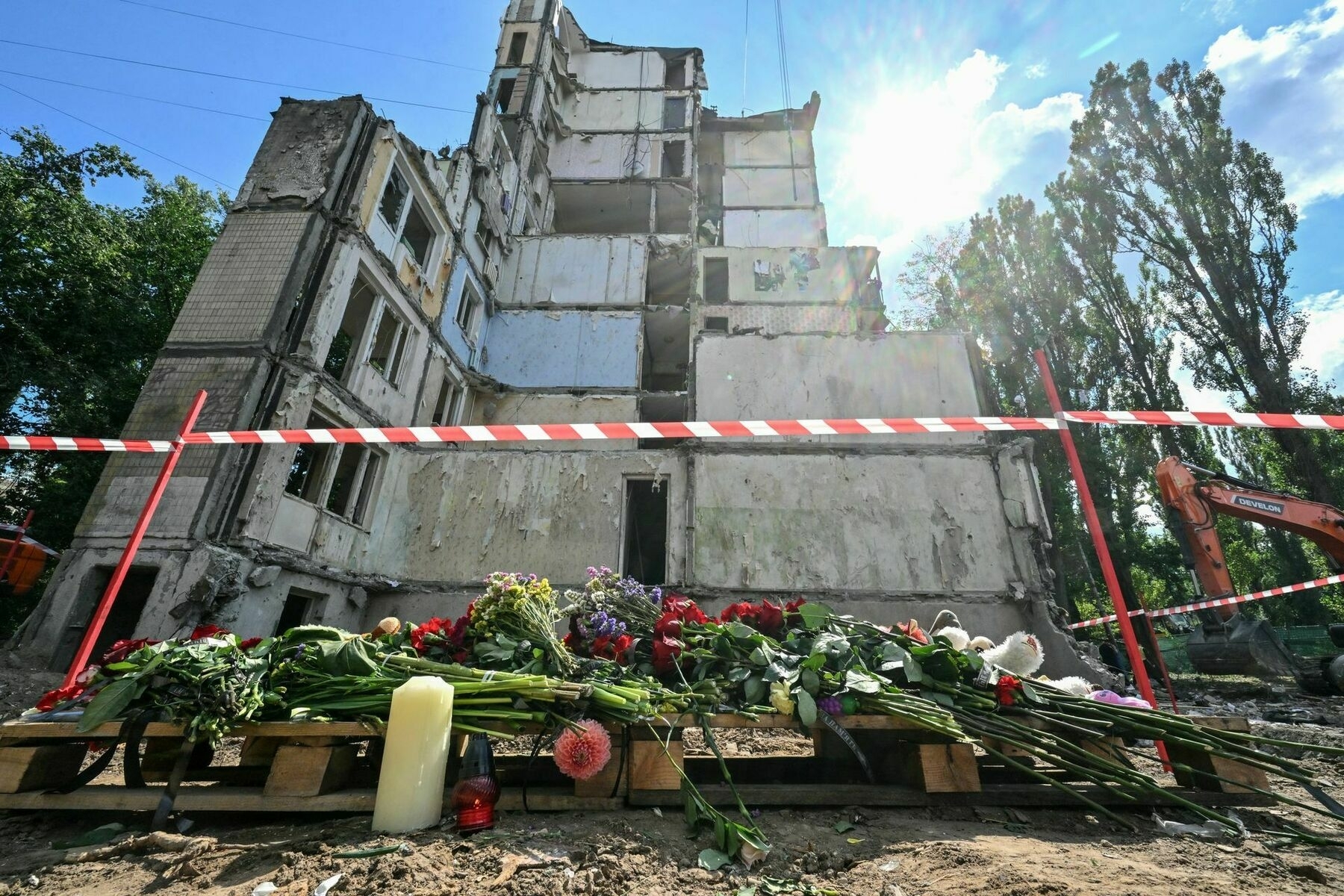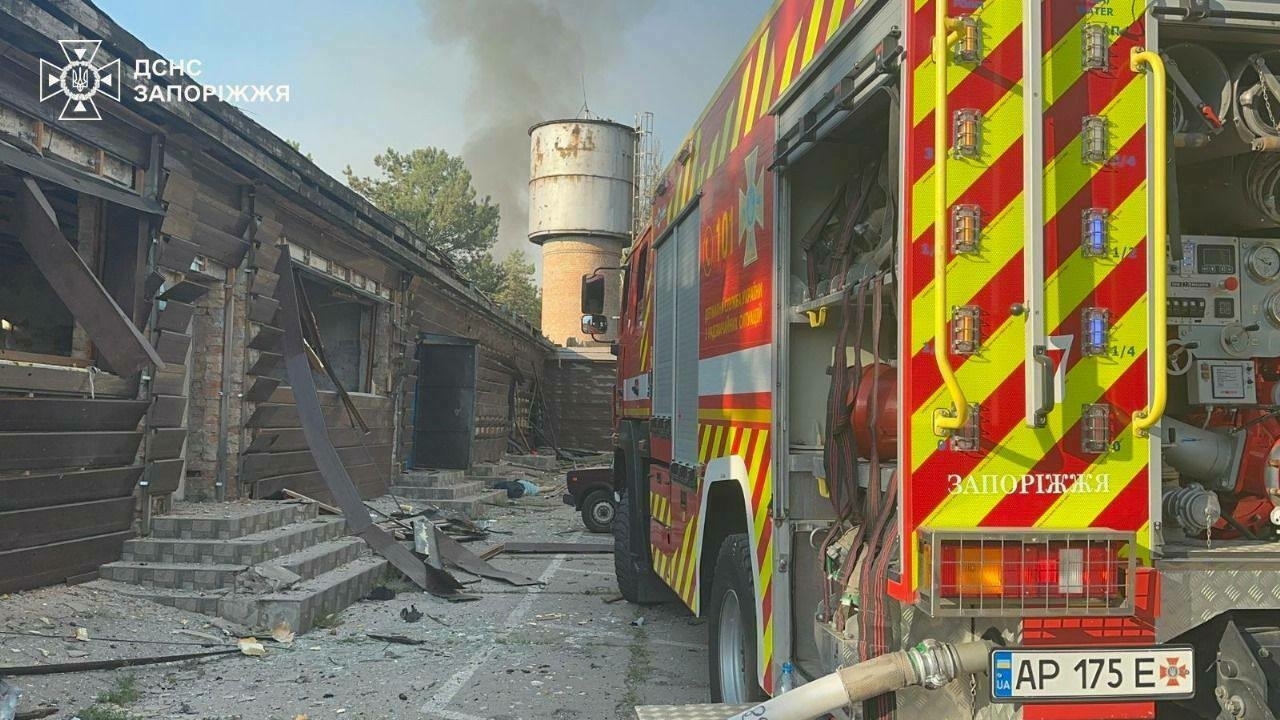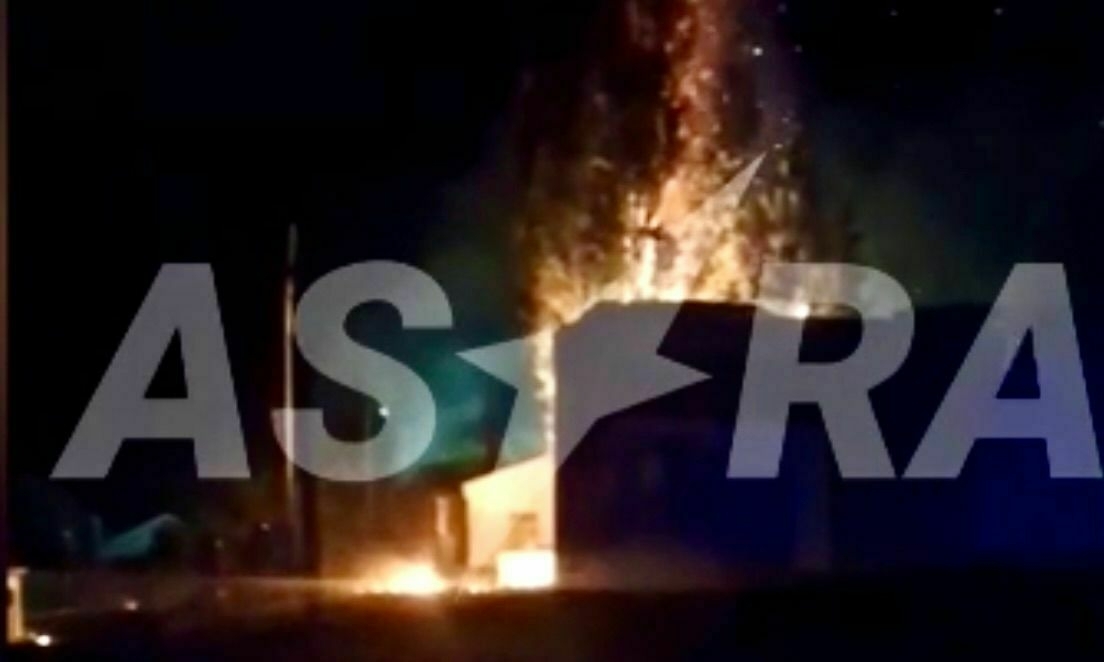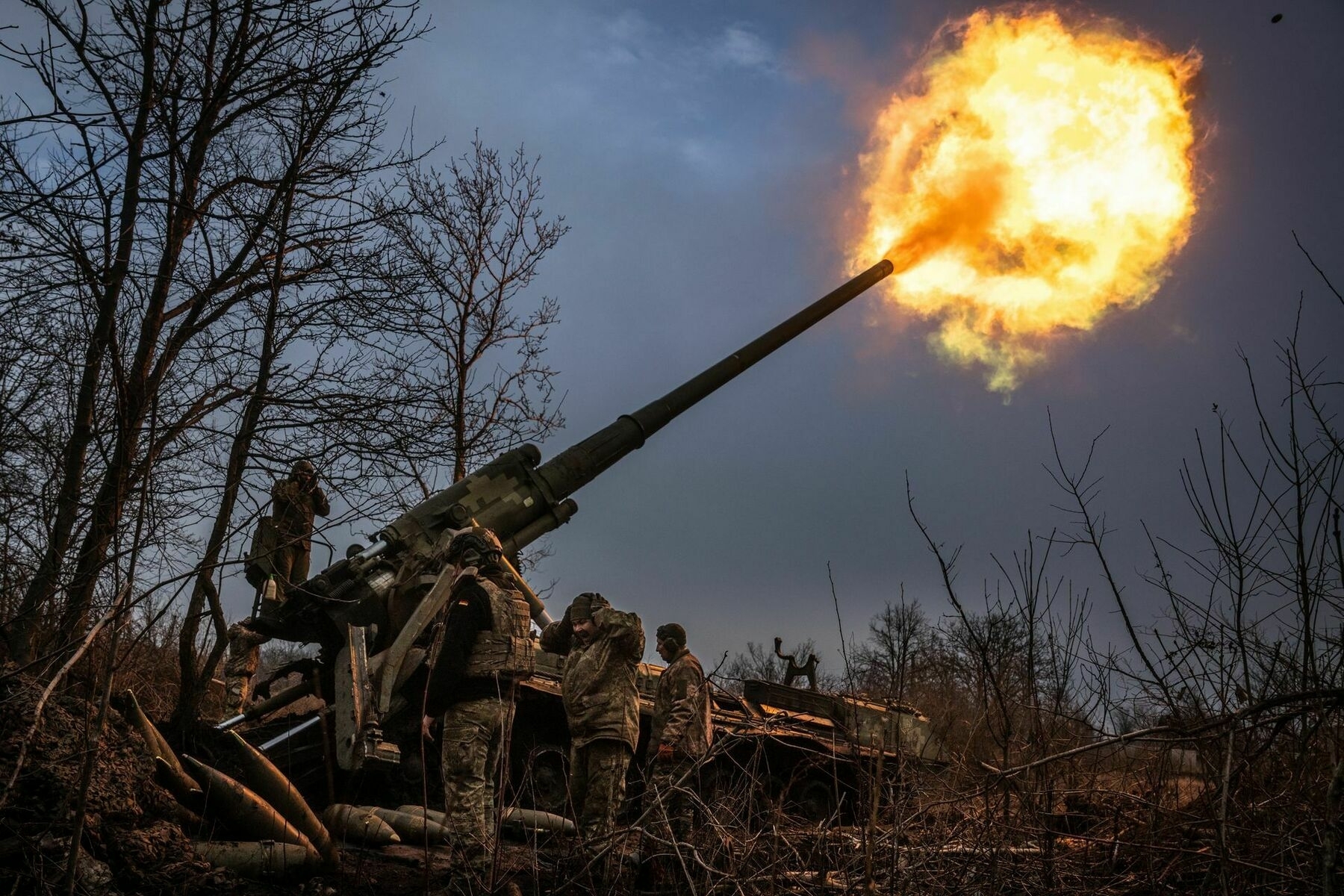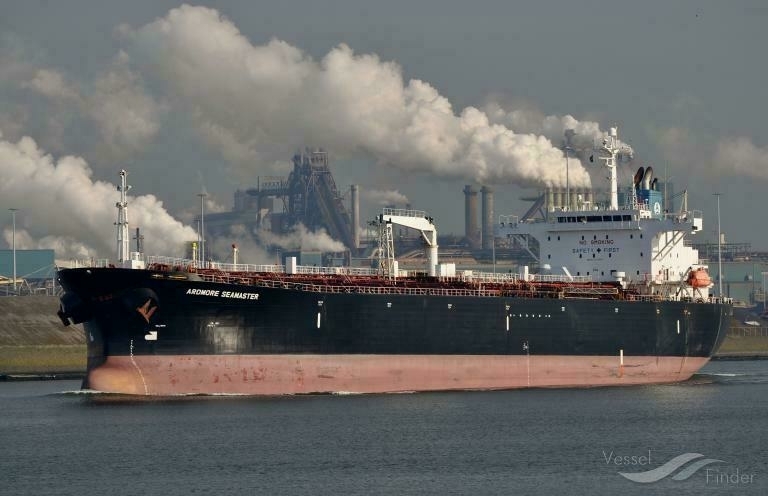-
EU to enforce new dynamic price cap on Russian oil on Sept. 3
The revised cap replaces the static $60-per-barrel limit introduced by the G7 in December 2022.
-
Ukrainians expelled from Russia launch hunger strike at Georgia border
-
US to auction $300 million Russian oligarch yacht seized after full-scale invasion of Ukraine
-
Russian troops arrive in Belarus ahead of massive Zapad-2025 drills
-
After pressure, Ukraine announces appointment of economic watchdog
-
Russian soldier shoots civilian near Pokrovsk, video shows; prosecutors launch war crimes probe
-
Death toll of Russian July 31 attack on Kyiv rises to 32 as another victim dies in hospital
-
Russian attacks kill 7, injure 37 in Ukraine over past day, damage energy infrastructure
-
Ukrainian drones reportedly strike Russian railway hub in Rostov Oblast for second night
-
General Staff: Russia has lost 1,059,270 troops in Ukraine since Feb. 24, 2022
-
Trump weighs sanctions on Russia’s 'shadow fleet' if Putin refuses ceasefire, FT reports
-
“Spiderweb” 2.0? Ukrainian drones destroyed Russian fighter jets in Crimea!
-
'No other choice' — Syrskyi says Ukraine must mobilize to counter growing Russian forces
Oleksandr Syrskyi, Commander-in-Chief of the Armed Forces of Ukraine, warned on Aug. 5 that Russia is accelerating its mobilization efforts, with plans to form 10 new military divisions by the end of the year. In response, Ukraine has “no other choice” but to intensify its own mobilization efforts.
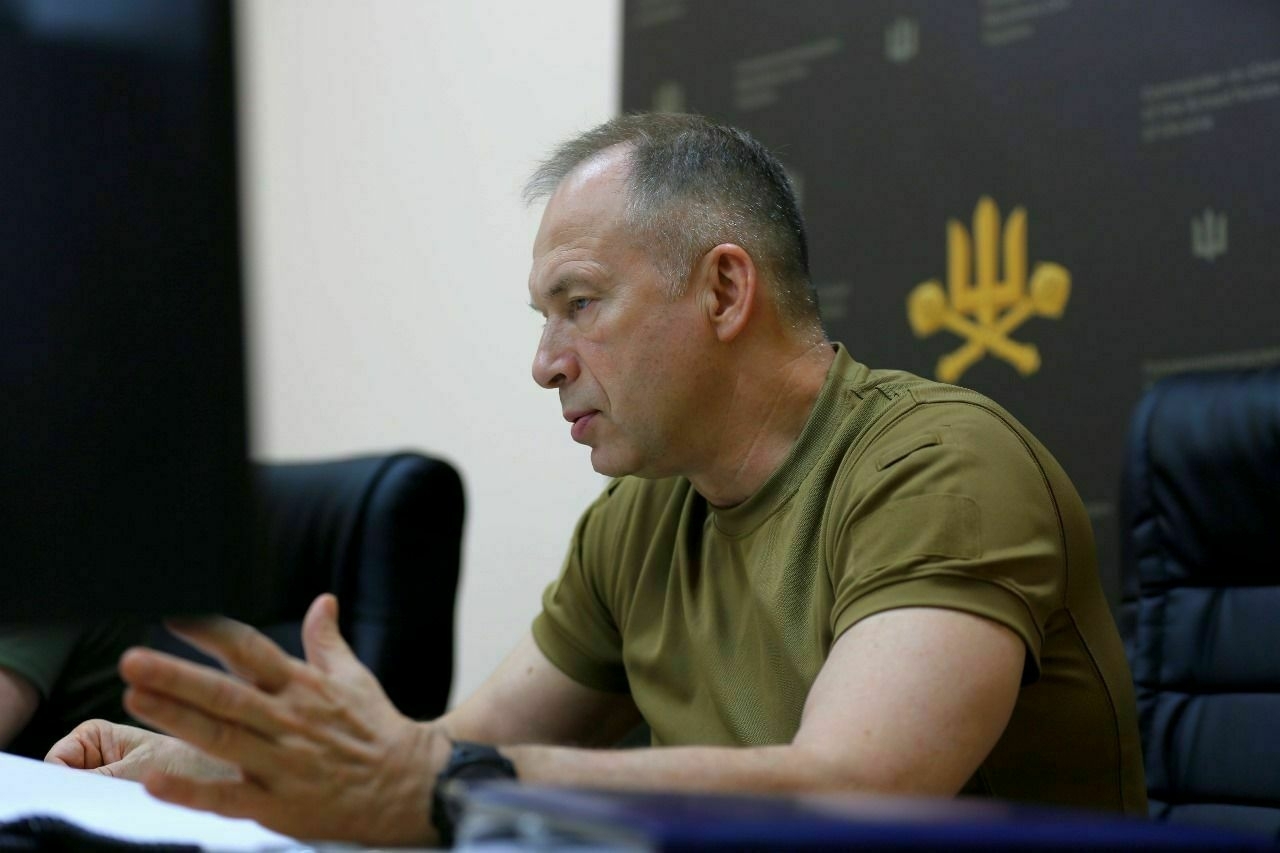
-
CONSEQUENCES of a new SSU special operation: 5 Russian fighter jets HIT in Crimea #shorts
-
Humanitarian crisis in Kherson escalates but Russian river crossing remains unrealistic
After enduring a Russian occupation, a manmade flood, and drone attacks that turned its streets into a human safari, the southern Ukrainian city of Kherson could soon be made completely unlivable.
The extended range of Russian drones flown from across the Dnipro River has brought the main roads supplying Kherson
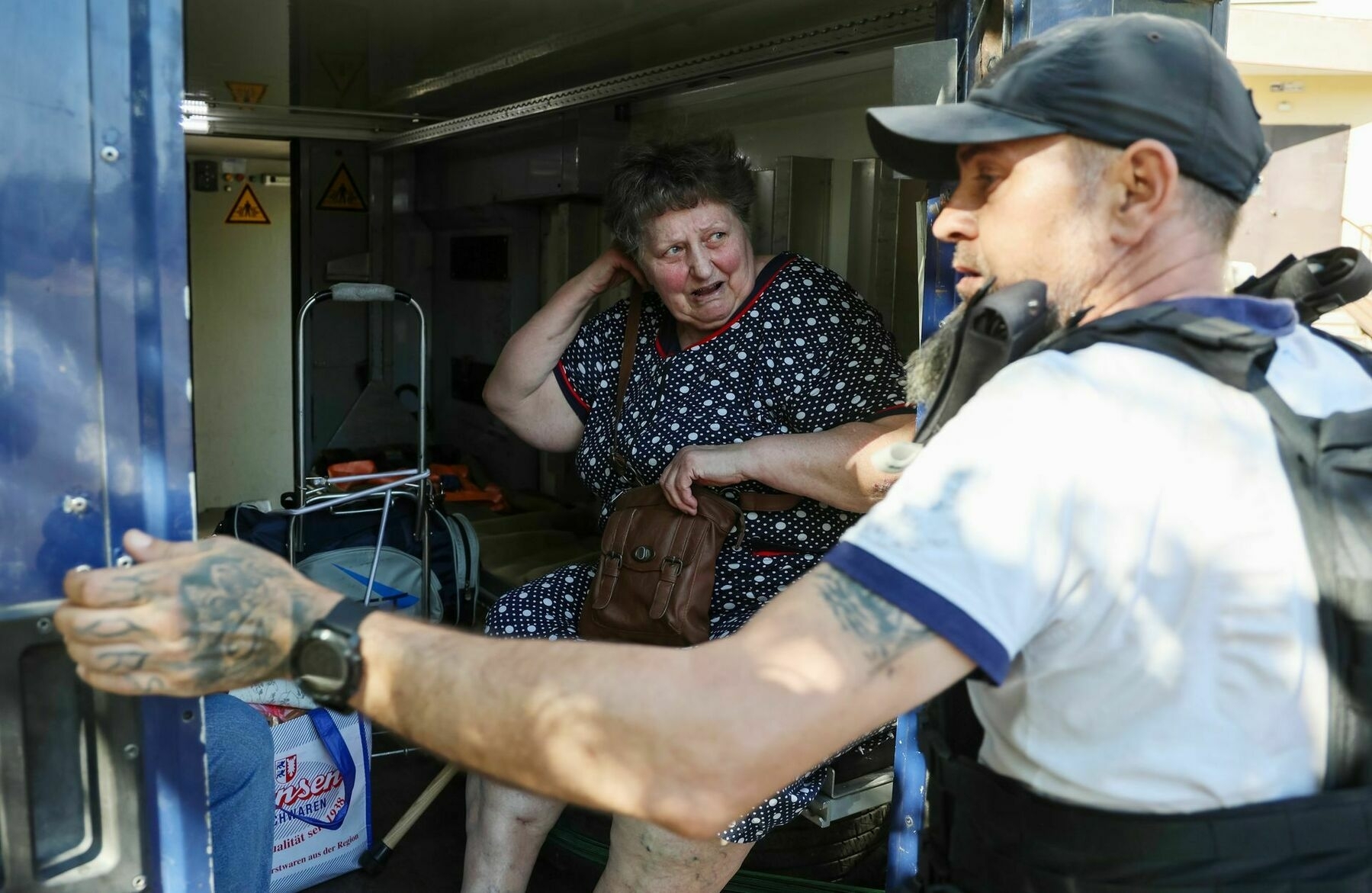
-
Putin unmoved by Trump's ultimatum as confidants predict Ukraine front-line collapse
Russian President Vladimir Putin is reportedly unwilling to end the war during the summer offensive, despite an "ultimatum" from Washington. According to sources close to the Kremlin, who spoke to Reuters, Russia sees no reason to stop until it occupies four regions. The deadline for U.S. President Donald Trump's "ultimatum" is set for this Friday, yet Moscow is not seeking a truce. Putin maintains confidence in victory and doubts the impact of additional U.S. sanctions after three years of constraints. One insider stated that the military objectives outweigh the chance to improve relations with the United States. The goal involves the complete capture of the Donetsk, Luhansk, Zaporizhzhia, and Kherson regions. Only then is Putin prepared to discuss a peace agreement.
The media reports that direct talks with Ukraine in Istanbul are merely an effort to assure Trump that Putin hasn't abandoned peace. These meetings reportedly lack substantial content but have facilitated humanitarian exchanges. According to a source, despite concerns over deteriorating ties with Washington, Putin hopes for future friendship and trade restoration with the West. Halting the war while his troops advance is seen as senseless; both the populace and the military might not comprehend such a move. Furthermore, the General Staff has assured the president that the front in Ukraine will collapse in 2-3 months. An unnamed source described the prospect of fresh sanctions as "painful and unpleasant" but not disastrous. Doubts persist in Moscow regarding their potential harm, and there's skepticism about whether Trump's threats might prove empty once again.
The Kremlin cannot envision China ceasing its purchase of Russian oil and even anticipates a price hike. Trump himself admitted Russia's adeptness at evading sanctions, noting, "They're shrewd characters, and they're quite good at avoiding sanctions, so we'll see what happens," during remarks to reporters over the weekend. A source emphasized that Putin is turning away from the U.S. peace offer made back in September, entailing a full ceasefire in exchange for lifting U.S. sanctions, U.S. recognition of Crimea as Russian territory, and de facto recognition of Russia’s control over territories seized since 2022. The source called it a "fantastic opportunity" but added that ending a war is significantly harder than starting one.
Andriy Kovalenko, the head of Ukraine's National Security and Defense Council's Center for Countering Disinformation, remarked that Putin has been deceived. Kovalenko indicated that misleading forecasts typically come from his aide Nikolai Patrushev, first deputy head of Putin’s administration Sergey Kirienko, and Chief of the Russian General Staff Valery Gerasimov. "Patrushev benefits from digging Putin deeper into the conflict in order to position his son as a successor, not to mention other kickbacks. Kirienko from Putin’s administration, too, cashes in from the war's logistics and consolidates regional authority. Meanwhile, Gerasimov knows nothing beyond warfare. As for Putin, he’s a fan of simple solutions and still trusts paper reports," explained Kovalenko.
Dmitry Peskov, the Kremlin spokesperson, stated that President Vladimir Putin is open to meeting with Ukrainian leader Volodymyr Zelensky, but only after "preparatory work at an expert level". On August 1, Putin attempted to place blame on Ukraine for stalling peace talks.
-
Russia withdraws from Intermediate-Range Nuclear Forces Treaty
Russia has officially withdrawn from its moratorium on the deployment of intermediate-range and shorter-range missiles (INF). This move paves the way for potential tests of the new "Oreshnik" missile systems at the Kapustin Yar range. The Russian Ministry of Foreign Affairs announced the cessation of the unilateral moratorium, citing the disappearance of conditions needed for compliance and placing responsibility on the United States and its allies. According to the ministry, there is ongoing deployment of U.S.-made land-based INF missiles in Europe and the Asia-Pacific region.
The Kremlin suggests that the U.S. armed forces have allegedly completed tests of several new INF systems and have begun serial production. Reports indicate the transfer of U.S. missile systems to allied territories, including Denmark, the Philippines, and Australia, with plans to deploy Typhon and Dark Eagle systems in Germany by 2026. The Russian response will be based on an interdepartmental analysis of the U.S. and other Western missile deployments, said the foreign ministry's statement. In light of these developments, there has been a temporary closure of the airspace over the Kapustin Yar range in Astrakhan from August 4 to August 8.
While Russia's Defense Ministry has not commented, Ukrainian analysts speculate that Moscow could conduct tests of the new "Oreshnik" intermediate-range ballistic missile system (IRBM), purportedly already in serial production. Analysts from Defense Express suggest these claims might involve as few as one battalion—consisting of 2-3 mobile launchers and a few support vehicles being deployed at the range.
There is uncertainty around the production capabilities, but Russian analysts believe their defense industry could produce another "Oreshnik" battalion by the end of 2025. Conversations regarding the deployment of these missile systems, potentially in Belarus or Russia's European areas, appear intended to make an impact in the ongoing information conflict with the West.
Russia has previously developed, tested, and deployed INF missiles, including Iskander-K cruise missiles, even before officially ending the moratorium. One such complex attacked Kyiv on July 31, 2025, skirting former INF Treaty limitations. On June 23, President Vladimir Putin announced the ramp-up of the "Oreshnik" missile system production, boasting of its combat effectiveness.
At the start of January 2025, the U.S. successfully conducted a live-fire exercise using the medium-range surface-to-surface missile system known as the Typhon Weapon System, a crucial component of the U.S. Army's strategy within the 500 to 1500 km range.
-
SSU destroys Russian aircraft in Crimea! Ukraine strengthens ties with the West | News Pulse
-
Ukraine war latest: Ukraine obtains classified data on Russia's newest nuclear submarine, intelligence claims
Key developments on Aug. 5:
- Ukraine obtains classified data on Russia's newest nuclear submarine, intelligence claims
- 'Productive' phone call with Trump focused on ending war, sanctions, drone production, Zelensky says
- Three Nordic countries to fund $500 million in US weapons for Ukraine
- Russia considers air truce
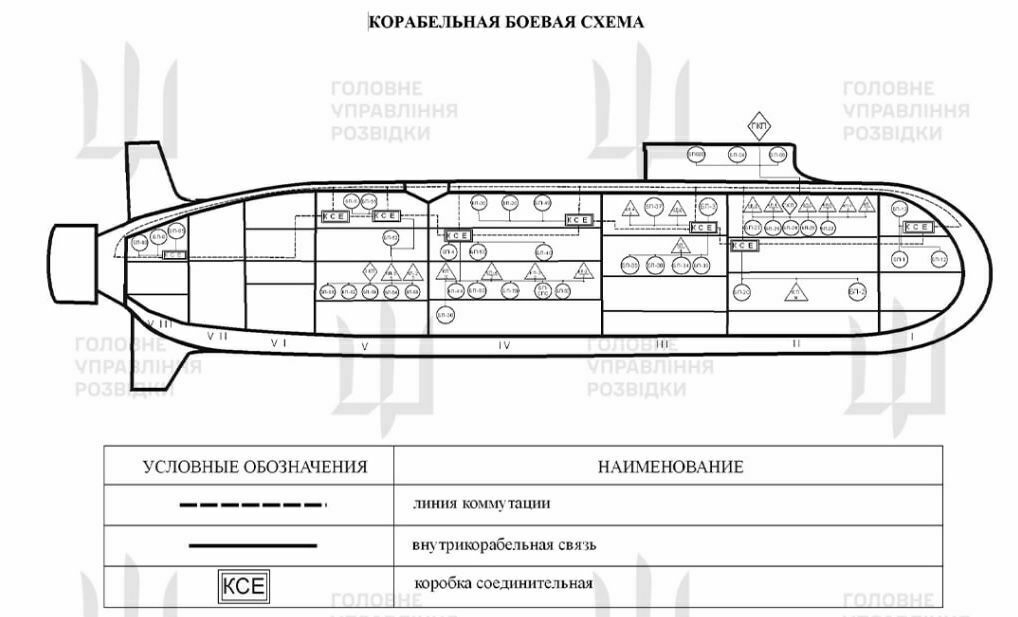
-
Shock! What NUCLEAR weapon did TRUMP send toward Russia? #shorts
